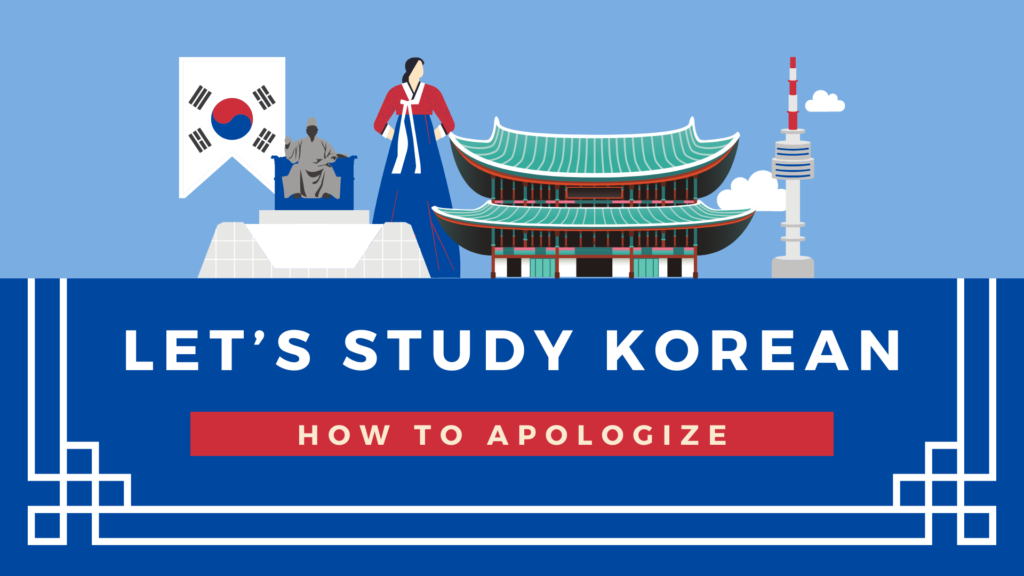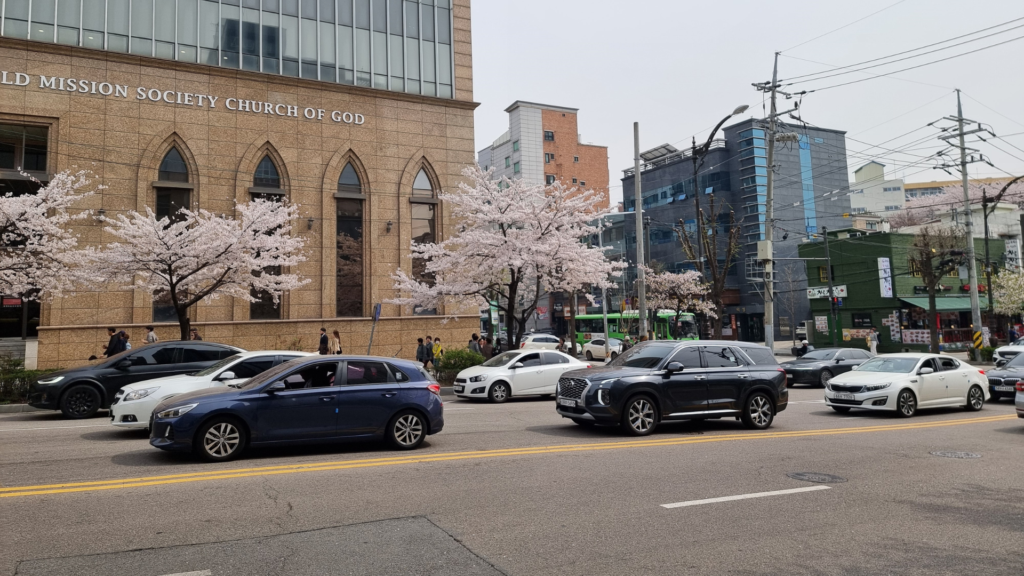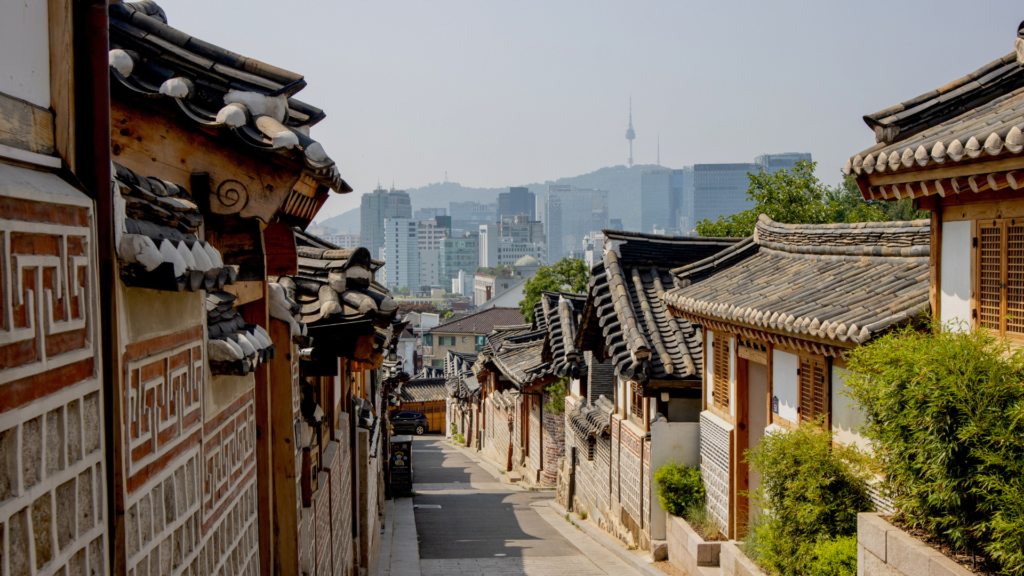In the year 2019, South Korea is clearly recognised worldwide as a country on the rise. It is one of the first places one thinks about both economically and culturally within Asia. However, this was not always the case. When Seoul was chosen to host the 1988 Summer Olympics, this decision was one that came as a surprise to many. It was a very unusual and unexpected choice to host this world event.
Korea was less than 30 years separated from a war that tore the country apart. It was still very much in political turmoil and attempting to find a path for itself as a nation. Although great strides had been made economically, there was still much trust that needed to be gained on an international level. At this time, the world knew very little about Korea and its culture. Before the Internet, detailed, free-flowing information was hardly at the tip of one’s fingers. Outside of the war, people did not really have access to much information about what Korea and its people were all about.
This event brought South Korea into the international gaze. Everyone was understandably anxious to present a positive image of their country, culture, and people to the world. The country hoped to use it as a platform to ignite its international stature in the same way the 1964 Tokyo Olympics did for Japan – the only prior Olympics in Asia.
The battle of ideologies
Not just within the Korean peninsula, but on a world scale, there was much political unease surrounding different world views. The re-emergence of the cold war was a big concern and tension was high. By hosting these Olympics, Korea was once again put into the spotlight of these issues. The USA had boycotted the Olympics held in Moscow in 1980 due to political reasons. South Korea was one of the other countries to boycott these Olympics as a show of support. Four years later, the Soviet Union, as well as 14 other Eastern bloc nations, refused to participate in the 1984 Los Angeles Olympics. People were eager to see what ramifications there would be to these issues in Seoul. Despite the concerns, the 1988 Summer Olympics became the first time the USA and the Soviet Union had competed together in over a decade.
The medal table did not disappoint in terms of this battle. The overall positions ended up with the communist powerhouses of the Soviet Union and East Germany leading the tables and the USA coming in 3rd behind them.

South Korea themselves did very well in the overall medals table. They placed a very respectable sixth with 33 total medals to their name. Among these were 12 gold medals – the fourth highest tally. This included gold medals in archery, boxing, judo, and table tennis.
Archery, in particular, continues to be a popular sport in Korea. Many of those who grew up watching this success at the Seoul Olympics were likely inspired to join this sport. Korea has enjoyed continued success in this event throughout the years.
An emotional and memorable Olympics
The 1988 Seoul Olympics was an extremely significant event in Korean history. It bonded families, communities, and the Korean people together. For many, it was a very emotional and empowering experience to watch their country play host to such a prestigious event.
The opening ceremony in particular, was a notably memorable spectacle for Koreans. Watching this performance is something that has stuck in the minds of many Koreans. It was spectacular, with over 13000 participants putting on an elaborate display celebrating culture across the world.
[arve url=”https://youtu.be/OlxqzcOWMvk” title=”Koreana – Hand in Hand | Opening Ceremony Seoul 1988 | Music Monday” description=”Much before K-Pop sensations like Psy, EXO, BTS, CL, iKon, Red Velvet, Big Bang and so many others, it was Koreana who performed the official song of the Seoul 88 Olympics ‘Hand in Hand’, performed at the Opening Ceremony of the Olympic Games 1988 in Seoul” upload_date=”2018-09-17″ thumbnail=”20202″ loop=”no” muted=”no” /]
Many people retain the image of a young boy calmly running alone with a stick and a hoop during this ceremony. This was perhaps the standout moment of an overall fantastic opening ceremony. It was a striking image of peacefulness and calm amongst the somewhat chaos of the rest of the ceremony. It symbolized a message of harmony and world peace and has stayed in the memory of many who saw it.
[arve url=”https://youtu.be/WrJBN7PqTe4″ title=”굴렁쇠” description=”설명” upload_date=”2019-05-20″ thumbnail=”20212″ loop=”no” muted=”no” /]
The Seoul Olympics’ mascot 호돌이 (Hodori) was extremely popular at the time. He was a tiger who displayed a very friendly and hospitable demeanor. Hodori represented the character of Korea and its people. 호돌이 is still thought of fondly today and continues to be a popular character.
The influence of the Seoul Olympics
Overall the Seoul 1988 Olympics was a hugely significant event that shaped the future of South Korea politically and economically. It embraced the Olympic spirit of enjoying international competition, despite the political tensions of the time. Through this medium, South Korea showed itself off to the world and presented a very positive image of itself.
The games allowed the country to blossom into the highly successful nation that it has become today. The recent 2018 Winter Olympics in Pyeongchang was also a huge success. The decision surprised no one. Nor was South Korea’s ability to host a successful Olympic called into question. These days people think of South Korea as one of the most popular and logical places within Asia when planning big, international events. The 1988 Seoul Olympics influence cannot be underestimated in this process.















